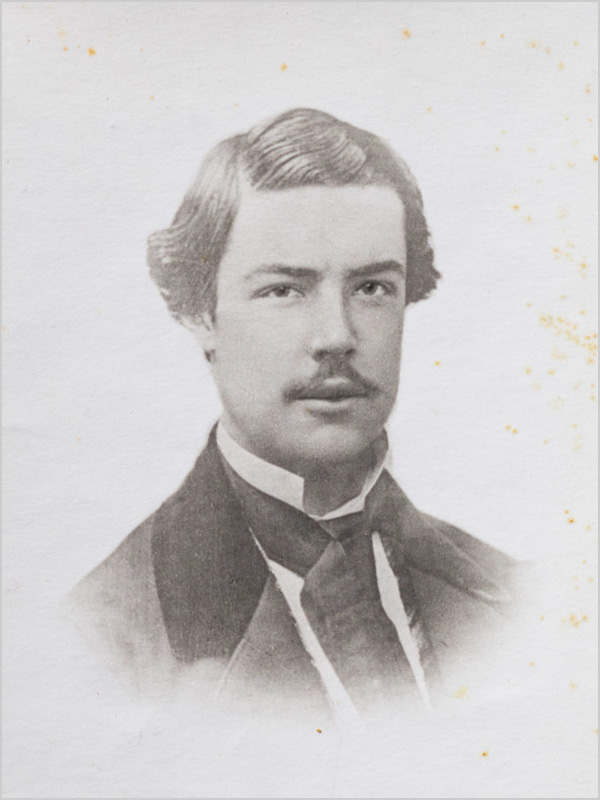4 th count of Ficalho (1837-1903)
4 th count of Ficalho (1837-1903)
At the end of the nineteenth century, Portugal experienced an intellectual and artistic revolution. Francisco Manuel de Mello Breyner (1837-1903), 4th count of Ficalho, was at the centre of it. As a scholar, he worked at the intersection of history and botany (he co-launched the Lisbon Botanical Garden) and was responsible for an important study about the sixteenth century naturalist Garcia da Orta (in 1886) and for the re-edition of his major work, Colóquios dos Simples e Drogas da Índia. He was also a diplomat, a novelist, and an artist (his works that can be seen on a visit to the palace). He was, moreover, a member of a group of intellectuals called Vencidos da Vida (in English, “defeated of life”), alongside with other Portuguese writers, historians, and journalists, like Eça de Queirós, Oliveira Martins and Ramalho Ortigão.
The latter described him as follows:
“He knew how to be a man of the court, a man of the countryside, a man of study, a naturalist, a man of letters, an artist, a poet, a historian, an agronomist, a mordomo-mor in the palace, a statesman in the state council, a legislator in the house of lords, a professor at the polytechnic school, ambassador at the court of Russia, president at the academy, farmer in Serpa, skilful driver of horses and cotillons, horse rider, hare hunter, partridge hunter, an equally skilled conversationalist among royal princesses and among muleteers and coachmen; speaking with equal ease the aristocratically sublimated language of the main courts of Europe and the harsh and raw language of the equerries and shepherds of his agricultural properties.”
online works
history
history and botany
- Memória Sobre a Influência dos Descobrimentos dos Portugueses no Conhecimento das Plantas – I – Memória sobre a malagueta (1878)
- Flora dos Lusíadas (1880)
- Memória Sobre Algumas Plantas da África Central Coligidas pelo Major Serpa Pinto (com William Philip Hiern, 1883)
- Plantas Úteis da África Portuguesa (1884)
history and linguistics
fiction


